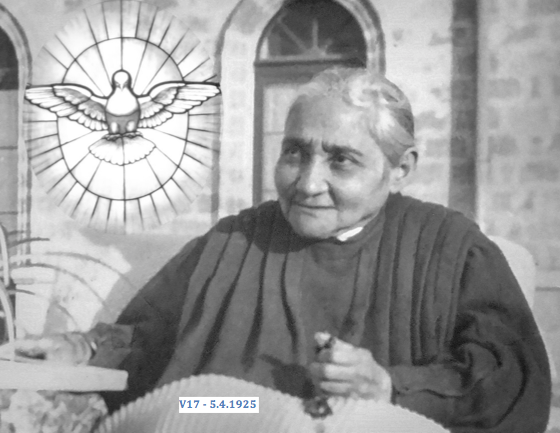From Apostolic times, the Apostles and the first Christian community began to replace the day of the Jewish Passover with that of the commemorate of the Passion and Death of our Lord. For them, the anniversary of the death of Christ was a very sad day, so to celebrate it worthily, they fasted on that day. Thus the original celebration of the Christian Pasch (Passover) began with a fast. This was the Pasch of the Crucifixion. According to there testimony of St. Irenaeus (125-203), which the Church historian, Eusebius (260-340) mentions, the present Forty Days Fast can be traced back to a time when fasting was restricted to one or two days. This fast was not regarded as a pre-paschal fast but as the Pasch itself. According to this testimony, some kept the Paschal fast for one day, others for two, others even more, and some fasted forty hours. (History of the Chruch, 5,24)
In post-apostolic times the Church of the second and third centuries began to attend not only to the sad anniversary of the death of Christ, but also to the joyful anniversary of His Resurrection, so that along with the Pasch of the Crucificaion, the Pasch of the Resurrection with the elimination of the paschal fast slowly gained prominence. Even in apostolic times some had already begun to abandon the fast on the very day of the Jewish Pasch (Passover), and others on the following Sunday. According to the testimony of the historian Socrates (379-440), those who celebrated the Pasch together with the Jews, that is, on the fourteenth day if Nisan, affirmed that this had been handed down to them by the Apostles and the evangelist St. John; those who celebrated the feast of the Pasch on the Sunday following the Jewish Pasch, maintained that they had received this custom from Sts. Peter and Paul. “Neither one,” remarks Socrates, “can produce any written documents to confirm their positions.” (History of the Church, 5,22)
From this disputes arose between those who celebrated the Pasch with the Jews and those who celebrated it the following Sunday. These long disputes were finally resolved by the Council of Nicea (325).
The canonical documents of the third century speak of the time when the paschal fast ended. According to the canons of Hippolytus, the solemn conclusion of the fast took place at the dawn of the Resurrection Day; according to the Didascalia, a the third hour of the night; and according to the Apostolic Constitutions, at cock-crow.
In the third century, the pre paschal fast in some Churches lasted for a whole week, the week that today we call Passion Week. Toward the end of the third century the Great Fast has been extend to forty days. The first clear testimonies concerning the fort days pre-paschal fast date from the fourth century. The first testimony is presented to us by the Council of Nicea, which states that local synods should convene “once before the Forty Days Fast, so that after removing all disorders, a pure gift may be offered to God, and they should convene one other time in the autumn.” (can. 5)

